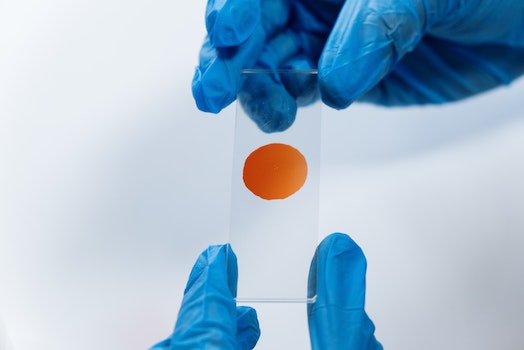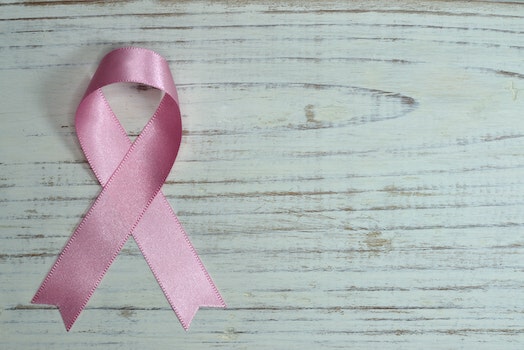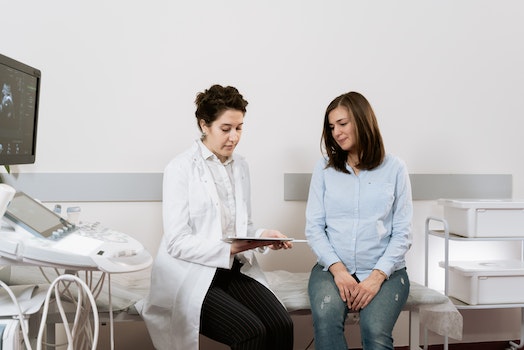BRCA gene tests have been prominent on the news lately. Do you need to get tested? This helpful guide can answer all of your questions about BRCA genes, including what they do and why they matter.
What Are BRCA Genes?

BRCA genes are an important part of your DNA. Everyone should have two healthy copies of the BRCA1 and BRCA2 genes. Both of these genes are designed to prevent cancer from appearing or growing. That’s why BRCA genes are sometimes called tumor suppressor genes.
The name BRCA (for BReast CAncer) is kind of misleading because these genes are connected to much more than breast cancer. They also help prevent ovarian cancer, prostate cancer, pancreatic cancer, melanomas and some rarer forms of leukemia.
What Is DNA?
DNA is the blueprint for your body. It gives your cells instructions on how to work properly. It helps your body build everything from strong muscles to smooth skin.
What Does This Have To Do With You?

Cancer is something both women and men should take seriously. Over 10% of women experience problems with breast cancer. In 2022, over 3.8 million women had been treated for breast cancer in the United States.
One of the biggest cancer risks for men is prostate cancer. Experts predict almost 270,000 new cases of prostate cancer in 2022. About 12.5% of men will develop prostate cancer at some point.
Why Are BRCA Genes Important?

BRCA genes protect your health in several ways:
- Creating tumor suppressor proteins
- Repairing DNA damage
- Controlling cell multiplication
- Keeping cell growth within healthy levels
BRCA genes are like factory managers making sure production equipment operates smoothly. Without supervision and maintenance, the machinery could go crazy. Similarly, cancer happens when cell growth goes out of control. That’s what tumors are.
What Things Trigger DNA Damage?

Many everyday things put your DNA in harm’s way, especially with today’s world so filled with environmental problems:
- UV rays: Ultraviolet radiation from the sun can cause deep DNA damage. Health experts recommend wearing sunblock and sunglasses every time you go outside.
- Toxic chemicals: From microplastics in the water to industrial chemicals in city air, many types of contamination can negatively affect your health. These dangers specifically hurt DNA.
- Genetic malfunctions: Some people inherit defective copies of BRCA genes from their parents. These genetic errors can lead to mistakes with cell growth and healing.
What Are the Risks of BRCA Gene Mutations?

People who have defective BRCA1 and BRCA2 genes are at a much higher risk for certain types of cancers. It’s like having a defective security alarm for your home. It makes your body much more vulnerable to DNA damage.
Anywhere from 45%–72% of women with BRCA1 or BRCA2 mutations get breast cancer, compared to 13% in general. BRCA1 increases the risk of ovarian cancer from 1.2% to a whopping 39%. Men with defective BRCA2 genes have a 20% risk of prostate cancer.
Who Should Test for BRCA Gene Problems?

Before you rush out and get tested for BRCA malfunctions, you should know that the chance you have a problem is pretty small. Most people only have a 1 in 400 chance, or 0.2%. Your doctor may recommend a test if you have a family history of breast cancer, ovarian cancer or similar cancers.

